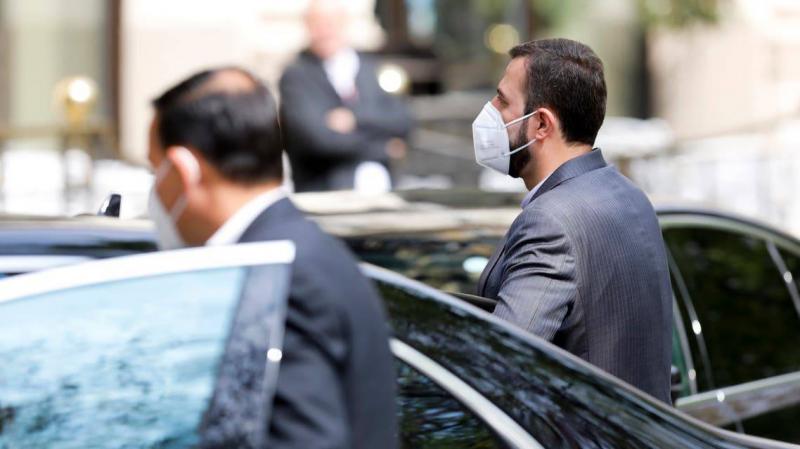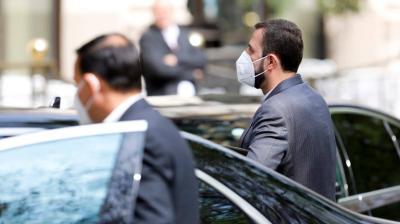In recent days and weeks, Tehran has repeatedly asserted its intention to resume nuclear negotiations in Vienna, but clarified yesterday some specific conditions for returning to the negotiation table, including a statement from its President, Ebrahim Raisi, emphasizing the necessity for the U.S. to lift sanctions as a gesture of goodwill. However, the government's new policy regarding the nuclear file is governed by three main documents that outline its direction: firstly, a letter from Supreme Leader Ali Khamenei to former President Hassan Rouhani in 2025, where he approved the comprehensive action plan (the nuclear deal) at that time. The second document is the "Strategic Action Plan to Counter Sanctions" law passed by parliament on December 2, 2020; and the third is Khamenei's speech on February 7, 2021. Therefore, advancing nuclear negotiations must, according to a study by the Middle East Research Institute, align with the directives specified in these three documents.
Accordingly, Iranians are adhering to five primary conditions in any future negotiations and are likely to adopt a firm stance to achieve their demands.
**5 Conditions**
Initially, Iranians will not accept halting nuclear activities and will continue to violate the terms of the Joint Comprehensive Plan of Action until all sanctions are fully lifted; thus, they will not accept the previously suggested "step-by-step" approach of one Iranian step in exchange for one U.S. step! Moreover, Tehran will not accept changing the timelines established by the 2015 nuclear deal, particularly regarding the transition day (2023) and the date for ending the United Nations Security Council resolution (2025). Some reports had indicated that the U.S. and European countries were attempting to include a clause in the agreement to ensure long-term commitments regarding nuclear non-proliferation. However, Tehran views this move as an attempt to alter the previously set timelines.
The fourth condition relates to sanctions concerning human rights and terrorism. According to the conditions set previously by Khamenei, Tehran considers that imposing any sanctions under the pretext of human rights, terrorism, or military issues, after the implementation of the nuclear deal in January 2016, constitutes a violation of the agreement. Consequently, the Iranian negotiating delegation will demand not only the lifting of all sanctions as per the comprehensive action plan but will also call for the removal of sanctions imposed after the agreement took effect, such as visa exemption restrictions imposed by former President Barack Obama in 2015 or decisions made by Donald Trump in 2017.
The fourth condition is well-known: obtaining guarantees that the U.S. will not withdraw from the agreement again.
The most significant among all of these conditions is the fifth one. Iran ultimately wants "verification" of the lifting of sanctions. Khamenei had previously confirmed, and Raisi reiterated yesterday, "If they want Iran to return to its commitments under the Joint Comprehensive Plan of Action, the U.S. must lift all sanctions, and we must verify that the sanctions have been lifted correctly." Only then will Iran commit to the agreement, as emphasized by the Iranian leader in a previous statement, stressing that his country will not concede on this condition!
**"Soon"... But!**
Iranian authorities have repeatedly expressed in recent weeks their determination to resume talks related to reviving the nuclear agreement signed in 2015, which imposed restrictions on its nuclear program in exchange for lifting economic sanctions, "soon," although without specifying a known date. Meanwhile, the U.S. administration hinted at undisclosed alternatives in case diplomacy fails to resume dialogue. Secretary of State Antony Blinken, along with U.S. envoy Robert Malley, confirmed last week that Washington is considering alternative plans if talks do not resume soon. In contrast, Western countries still part of the 2015 agreement (France, Britain, Russia, China, and Germany), from which the U.S. withdrew three years ago, have persistently urged for a return to negotiations in the Austrian capital after talks were suspended in June following six rounds that did not lead to a consensus on all outstanding issues.




